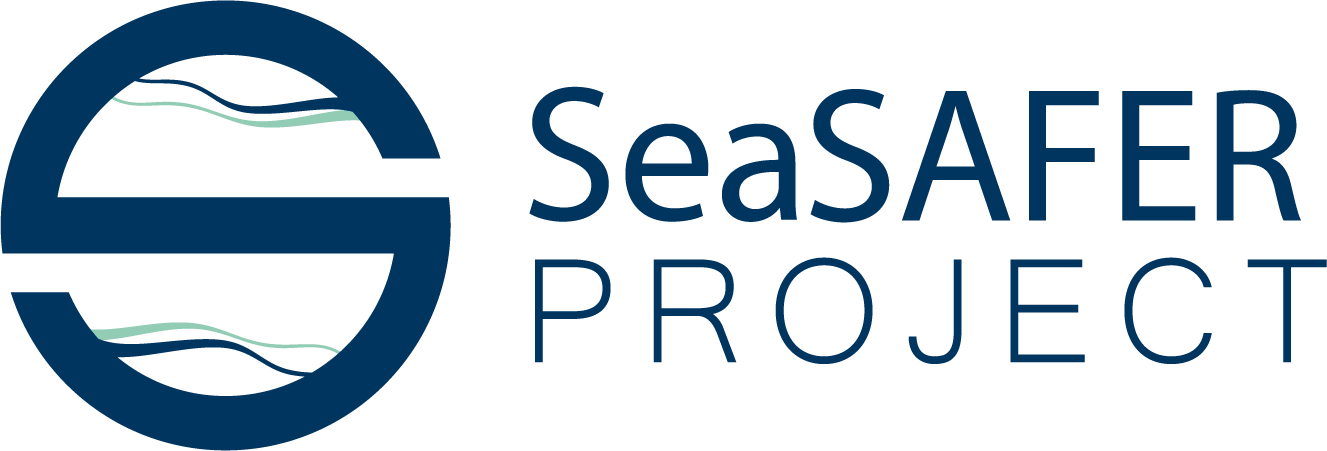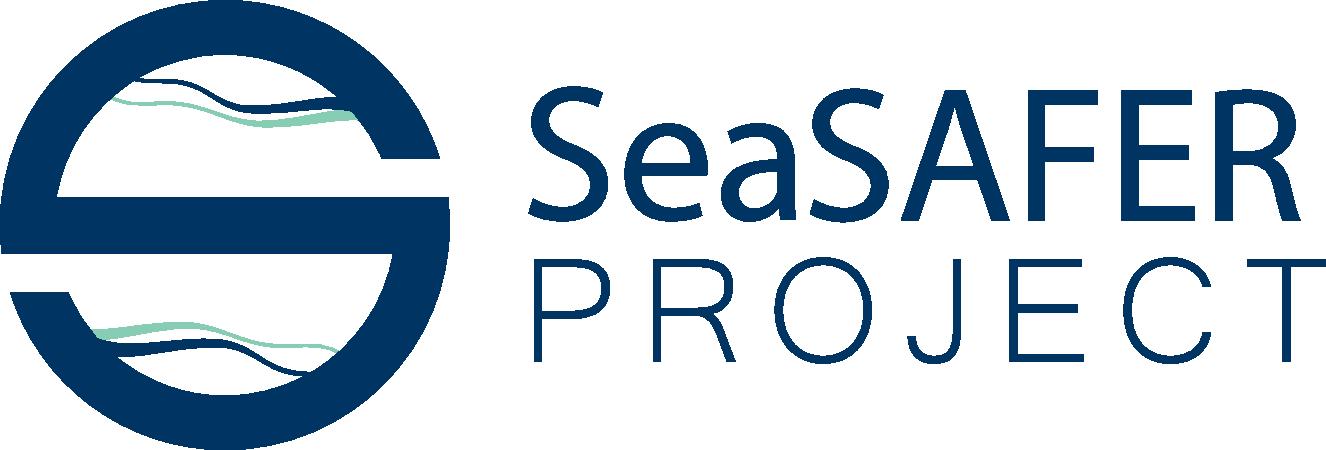
Name of the project: SeaSAFER: Simulation of Sea Accidents For Effective Responses
Financing: КA 2: Cooperation for innovation and exchange of good practices
Website: https://seasafer.com/
Beneficiary of the project: Lithuanian Maritime University, Lithuania
Project Partners:
- „MARITIME INNOVATORS“ Project Education Consulting Trade Limited Company, Turkey;
- „Mircea cel Batran“ Naval Academy, Romania;
- Nikola Vaptsarov Naval Academy, Bulgaria;
- Escola Superior Nautica “Infante D. Henrique”, Portugal;
- IDEC, Greece
Project budget: 300.000 euro
NVNA budget: 39.820,00 euro
AIM OF THE PROJECT
The aim of the project is to develop an educational platform in which to identify specific issues and cases of maritime safety in a broad context from personal safety through safety with the operation of ship mechanisms and routine ship operations to the safety of navigation. The aim is to spread the platform among maritime universities and other educational institutions. The platform will be free and open for upgrades.
NVNA ACTIVELY PARTICIPATES IN THE PROJECT, PERFORMING THE FOLLOWING TASKS:
- Manages the activities of „Internal evaluation and control of project results“
- Manages the activity of preparing a web-based educational platform
- Actively participates in the development of scenarios The University is committed to disseminate the project to its international collaborators, the Black Sea Association of Maritime Institutions (BSAMI) and the International Association of Maritime Universities (IAMU).
Expected results during the project and at its completion:
- Training needs identification report
- General questionnaire and reports from its analysis
- Investigation and creation of a database of accidents / incidents
- Accident scenario knowledge base
- Development of methods and methodologies
- Report on training and delivery of tools and media for storage of teaching materials
- Development of content for previous accidents / incidents
- Development of training modules for each type of seafarer
- Developed software interface
- Developed platform for e-learning and e-assessment
- Testing and improving the platform and analyzing the results




